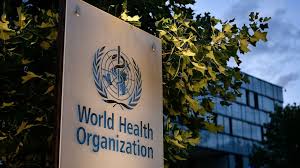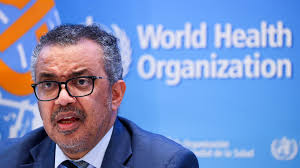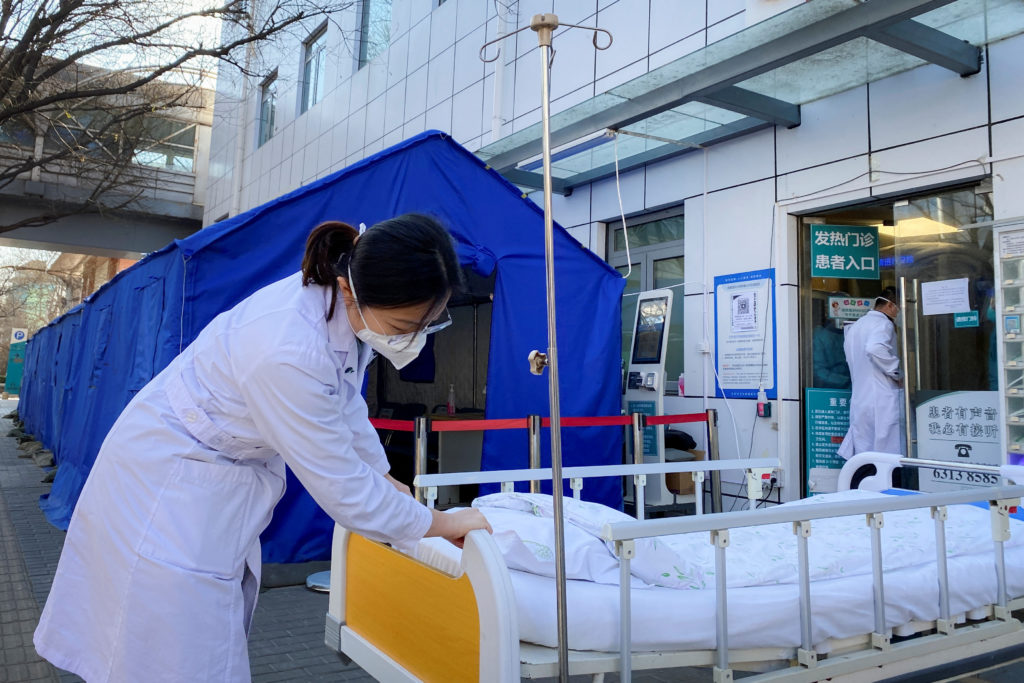Mpox continues to be public health emergency: WHO

NEW DELHI: The World Health Organization (WHO) reaffirmed that M-Pox will continue to be classified as a Public Health Emergency of International Concern (PHEIC) amid a sharp rise in cases and the virus’s expanding geographic spread.
The high-alert status, initially declared in August, was extended following a meeting of the WHO Emergency Committee. The decision reflects the escalating concerns over the outbreak, particularly the spread of the clade Ib variant, which has moved beyond its origin in the Democratic Republic of Congo to affect neighboring African nations, Europe, and Asia.
“Rising case numbers, the continuing geographic spread, and the need for a cohesive response have made it essential to maintain this emergency status,” the WHO said in its statement.
The clade Ib variant has been confirmed in the United Kingdom, Germany, Sweden, and India, emphasizing the global nature of the outbreak. M-Pox, a viral disease spread through close contact, typically causes flu-like symptoms and lesions. While often mild, it can be fatal, particularly in regions with limited access to healthcare. This year alone, over 46,000 suspected cases have been reported in Africa, with more than 1,000 suspected deaths, most of them in Congo.
The WHO’s renewed emergency declaration highlights the threat posed by the clade Ib variant and builds on earlier alerts issued during the 2022-2023 outbreak involving a separate strain.
In response to the growing crisis, the WHO has expanded vaccine authorizations. Bavarian Nordic’s M-Pox vaccine received approval earlier this year, and Japan’s KM Biologics’ vaccine was added to the emergency-use list in September. However, the organization has faced criticism for delays in vaccine distribution. WHO officials defended their efforts, emphasizing that vaccination remains central to combating the outbreak.
“The emergency status underscores the urgency to mount a unified global response,” a WHO spokesperson said. The organization urged countries and health partners to intensify vaccination campaigns and boost public awareness to curb the virus’s spread.











